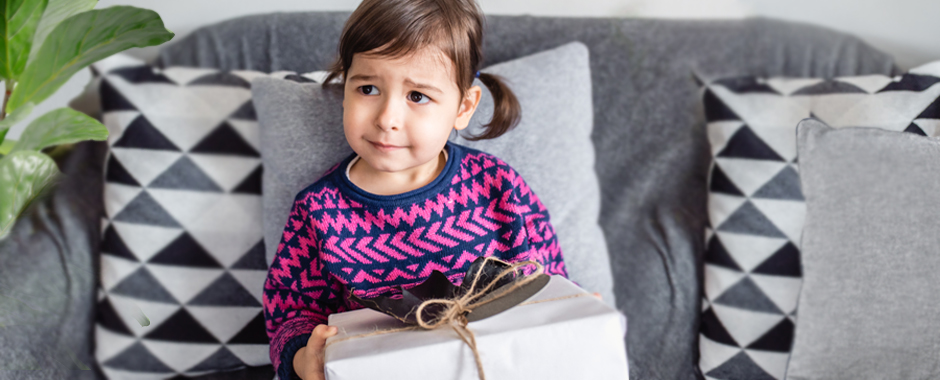With the holidays right around the corner many of us are beginning to think about our plans and how we will celebrate. When factoring in how to help an anxious child during this time the arrangements can become even more complicated and at times daunting. Short of locking your doors and staying home—a solution but probably not the best solution—advanced planning and discussion can be an effective way to de-escalate a potentially difficult situation.
So what exactly does this look like?
1. Begin talking about your plans in advance.
“We are going to Aunt Sally’s for Thanksgiving, the plan is to spend the night at her house and come home the next day.” This allows your child to start processing what will happen and allows him to ask questions. He may wonder where he will sleep, if he will be asked to share a room, will you be close by etc. By having answers to these questions in advance your child may worry less about potential unknowns.
2. Let your child know who will be coming.
By knowing who will be there and subsequently how many people will be there, you and your child can plan in advance to deal with anxiety that arises. This may include discussing who they would like to sit with or spend time with; a place in a different part of the house where they can go if they begin to feel overwhelmed or a signal they will give you if they are beginning to feel anxious so that you can remove them or they can remove themselves from the situation.
3. Keep to your child’s schedule as much as possible.
As closely as you can stick to your child’s normal routine during the holidays the easier it will be for them. It is particularly important they stick to as normal a bedtime as possible so they are able to get a good amount of sleep.
4. Allow your child to bring things from home he/she enjoys.
Having familiar objects to play with or favorite books to read can help calm your child and give them something to do when they need to be alone.
5. Explain to family and/or friends what your child’s needs are.
This can often be one of the most difficult things for parents. Unless they have experienced anxiety first hand family and friends may not understand why your child needs to be alone or perhaps is not as interactive as the other children there. There may be raised eyebrows when you allow your child to leave the table before everyone is done or if your child does not want to hug grandma or grandpa. By explaining the situation to those closest to you and outlining your plan to help your child others will be prepared and hopefully be empathic to the needs of both you and your child.
6. Finally…try to relax and enjoy yourself whatever happens.
Even with the best laid plans things can go array. Remember why you are there and that next year, with one more year of experience under your belt, it will likely be better.
Looking for new ways to support your anxious child? The SPACE program—Supportive Parenting for Anxious Childhood Emotions—is an evidence-based intervention that teaches concrete skills and tools to reduce your child’s anxious behaviors. SPACE Parent Groups begin in January—Learn more here.
The Center for Children and Youth’s experienced team of clinical social workers, marriage and family therapists, psychologists, psychiatrists, and parent coaches can help you and your children manage anxiety. Contact our care team online or call 888-927-0839 for more information.

